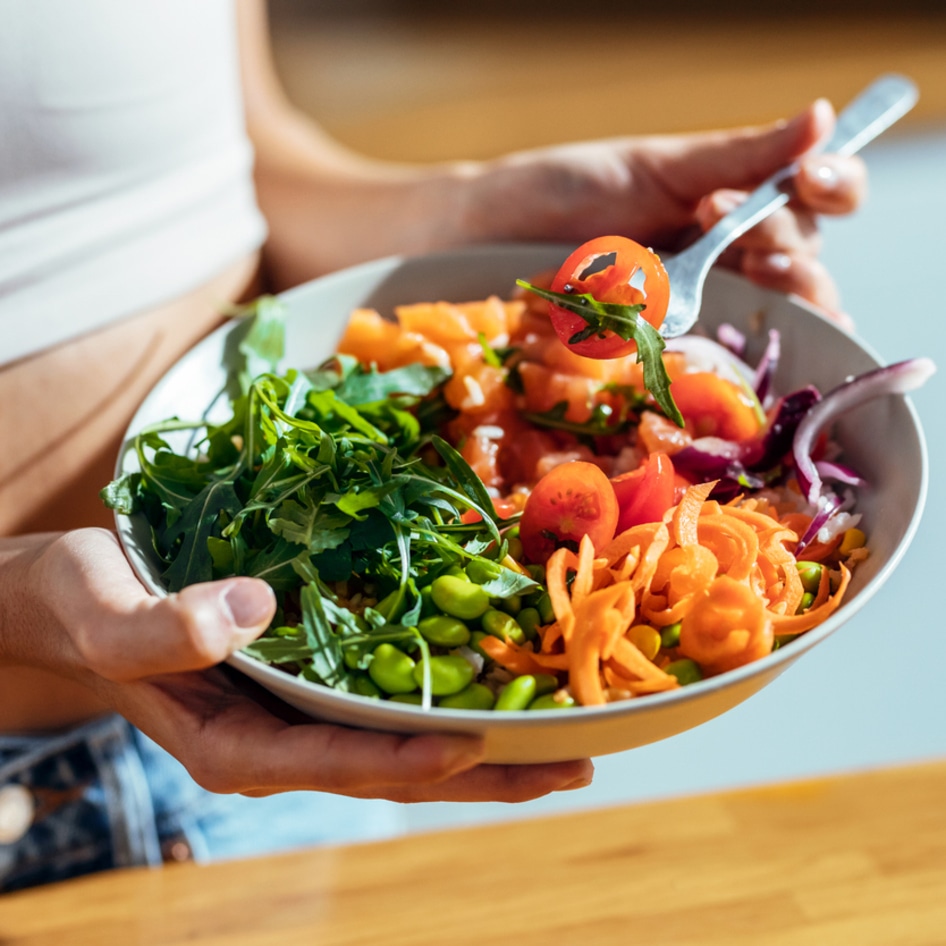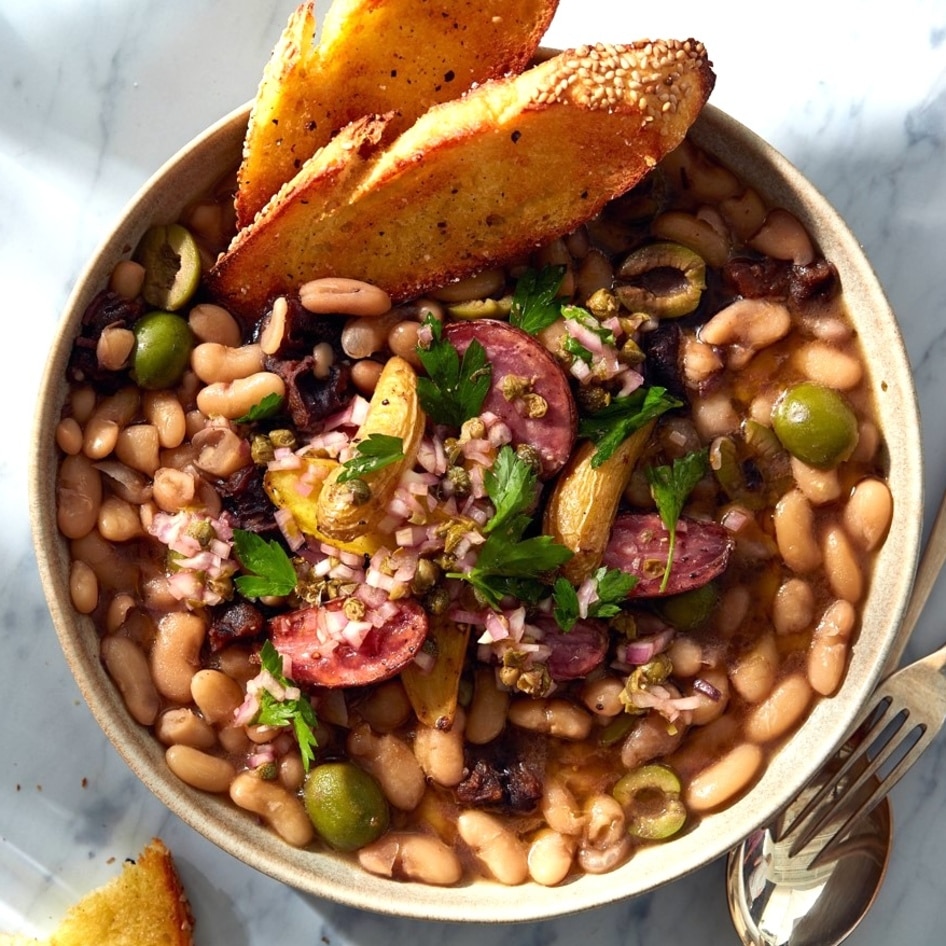In these uncertain times, most people are experiencing increasing levels of stress about what the future holds. And with that stress can come eating behaviors that don’t benefit our overall wellbeing. Though following a vegan diet is a step in the right direction when it comes to optimizing our health, there are still some of us who struggle with emotional eating. The behavior is typically triggered by emotions such as stress, sadness, or boredom, and the need to fill a void. It might feel satisfying to eat when these feelings occur, but it is only a temporary sense of relief, and doing it on a regular basis can lead to unneeded weight gain, digestive issues, or other health-related difficulties. By applying these four tips, the good news is that these issues can be managed with a little time and practice.
1. Eat more fiber from whole foods.
Eating more fiber is one of the best ways to combat emotional eating on a vegan diet. Fiber is important for digestion, but it is also a key component for our emotional wellbeing. New studies from UCLA prove that our gut and its microbiome are related to neurological health and balance. When fiber intake is sufficient, it triggers an “I am satisfied” switch in our brain, called propionate. Propionate is a short-chain fatty acid caused by your gut bacteria breaking down fiber that alerts the body when it reaches the necessary amount of food intake. Most vegans will obtain plenty of fiber if they’re eating enough whole-food plants. As a result, those who have an issue with emotional eating will likely feel more satisfied and in control of their habits eating whole, plant-based foods than those who do not.
2. Learn to eat in balance.
A lack of nutrition can trigger cravings for sweet, comforting, or salty foods that some people struggle with. To overcome emotional eating, consciously following a balanced vegan diet is an important piece of the puzzle. The human body is a complex organism that thrives when it’s fueled with the proper diet, which allows it to receive all the necessary nutrients from different components of our meals, making us less tempted to grab a snack or binge while watching Netflix. It also helps regulate our digestive system. Our stomach is referred to as the second brain because serotonin is created in our stomach and in our brain—so a happy belly will help stabilize the mood. There are many resources online that give examples of what a balanced meal looks like, but a basic rule of thumb is to eat at least two servings of vegetables or greens, and fill one-quarter of your plate with whole grains and another one-quarter with protein (a meal that can cover all these categories is a classic Buddha Bowl).
3. Learn what it feels like to be truly hungry.
The feelings of true or physical hunger can be characterized by how hunger comes up during the day. If hunger is brought on slowly and many different kinds of foods sound appetizing, this will most likely be true hunger. When a craving comes up suddenly and it is aimed toward one particular type of food, such as sweets, this can be categorized as emotionally driven hunger. Another way to tell the two apart is by identifying what feelings are coming up after eating. If these feelings are of being satisfied and content at the end of the meal, this is likely from physical hunger. If it’s emotionally driven, the food does not give the same satisfaction. Eating for emotional satisfaction can also cause feelings of guilt and shame after eating food that was not needed. Keeping a journal close by to record these sensations is a great first step in identifying the source of your hunger. If emotional cravings come up, drinking a glass of water can also keep you from acting on your emotions. Instead, sit with the sensation for a minute—doing so can help ease the trigger and it might pass quicker than you think.
4. Be kind to yourself.
Being kind to yourself might sound cliché but it can help tremendously when dealing with negative eating habits. Some people might experience guilt or remorse that comes along with the type of foods they are consuming during stressful moments. Creating new and better eating habits might take a little more time than expected and that is okay. Celebrating small victories help keep the marathon going instead of seeing the change as a short-distance sprint. Creating kindness can be as simple as enjoying a vegan dessert or vegan pizza on occasion. Remember that food is not the enemy. If emotional eating does happen, a better way to handle the situation is to be kind to yourself instead and beating yourself up. You’ll overcome it, in time.
Hilary Hinrichs is a holistic nutritionist who helps women overcome emotional eating habits and ditch the overwhelm around food.
JUMP TO ... Latest News | Recipes | Guides | Health | Subscribe







